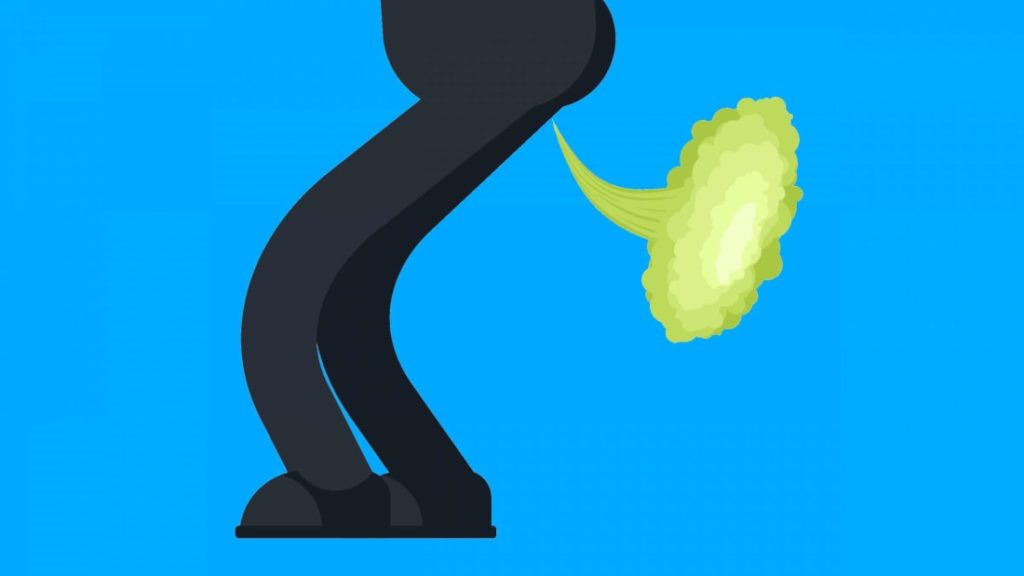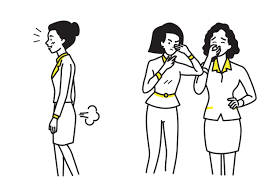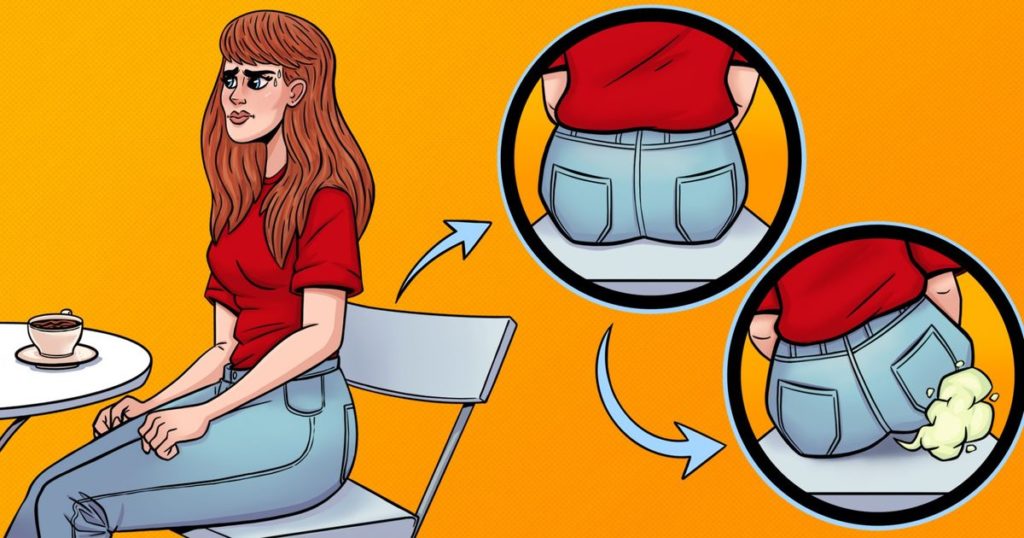

You may never have given ‘passing gas’ a second thought, but there is a reason our bodies at times release a pungent odor this way and it can tell us certain things we may need to know about ourselves.
Flatulence has always had a negative connotation attached to it. When people think of passing gas, “nasty”, “stink”, or “embarrassing” is what might come to mind. But, believe it or not, its a normal and healthy part of one’s life.
On average, a person passes gas 10 to 20 times per day. This natural occurrence is the by-product of the digestive system at work. Do you know why you may pass gas a lot more than you usually do? Why the odor may rise? Why it may burn?
Here’s what you need to know:
- Numerous ‘events’?
If you are passing gas a lot, as well as experiencing constipation, chances are your fibre intake is too much. An excess intake of fibre solidifies your stool, making it hard to pass and this can lead to bloating, cramps, constipation and gas. To unblock the area and stop the gas, drink lots of water or decrease your fibre intake.

2. SBD (Silent but Deadly)?
Flatulence naturally has a bad odor, but it is sometimes pungent enough to clear a room. This may be attributed to a number of causes. If you are having foods rich in sulphur, such as eggs, chicken and turkey, this can cause reek havoc with the odor. Additionally, having cruciferous vegetables such as onions and garlic or dried fruit, can lead to a similar odor. Being lactose intolerant and consuming cheese and milk will also cause the body to release a very foul smell, as the body is not able to absorb lactose, thus, when getting to the small intestine, bacteria breaks down causing the putrid scent.

3. Burning?
If you have a burning sensation when you pass gas, it is highly likely that you have consumed spicy food. Dr Samantha Nazareth, M.D., a double board-certified gastroenterologist in New York, says if it burns your mouth it will burn your anus. The receptors in our body recognise certain compounds found in food as heat – for example capsaicin, the fiery compound found in chili peppers is recognised by the receptors as heat.

4. ‘Releasing’ more than usual?
Being under excess stress can indirectly affect your flatulence. Some people stress eat when under massive amounts of pressure. Stress-eating foods such as processed snacks and ice-cream can affect your digestion. Niket Sonpal, MD, an internist and gastroenterologist in New York City, states that stress also causes one to take in more air than usual and anxiety, which is coupled with stress, affects the gastrointestinal (GI) system and changes your pooping frequency.

5. Odourless gas?
By nature, most gas does not have an odour. If you have been sipping carbonated beverages, chewing gum and swallowing wads of air, chances are, your flatulence may be odourless.








Comments